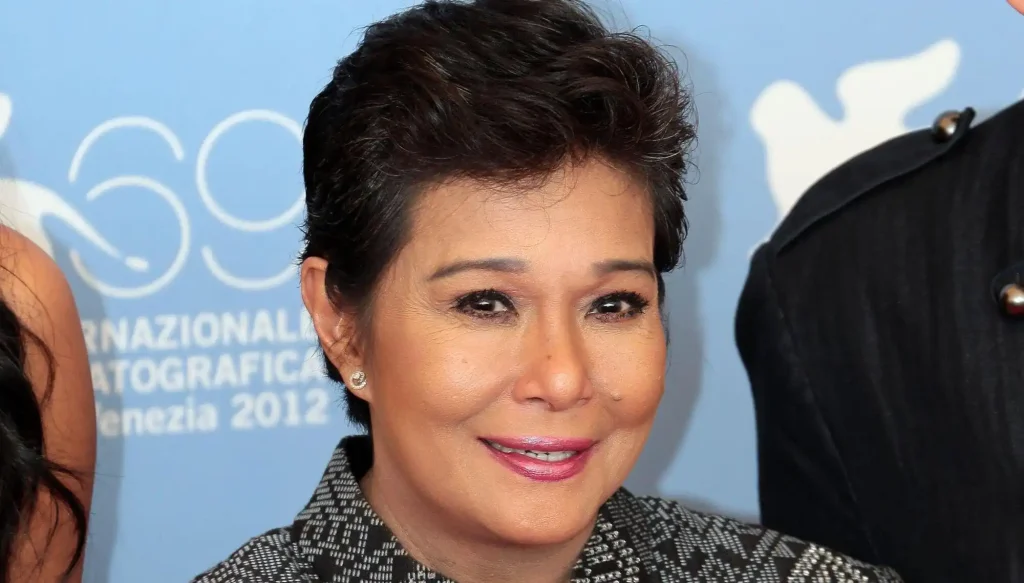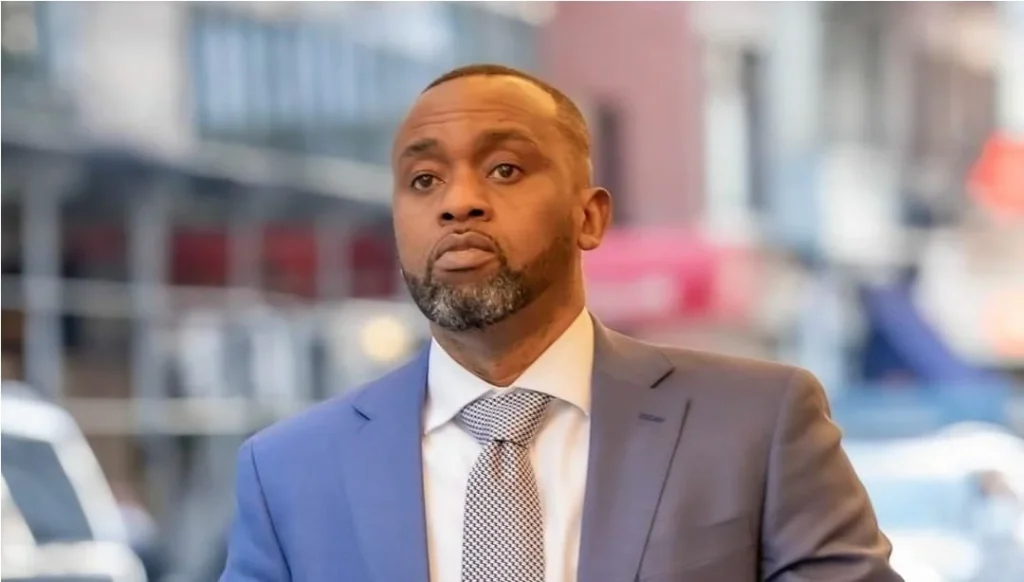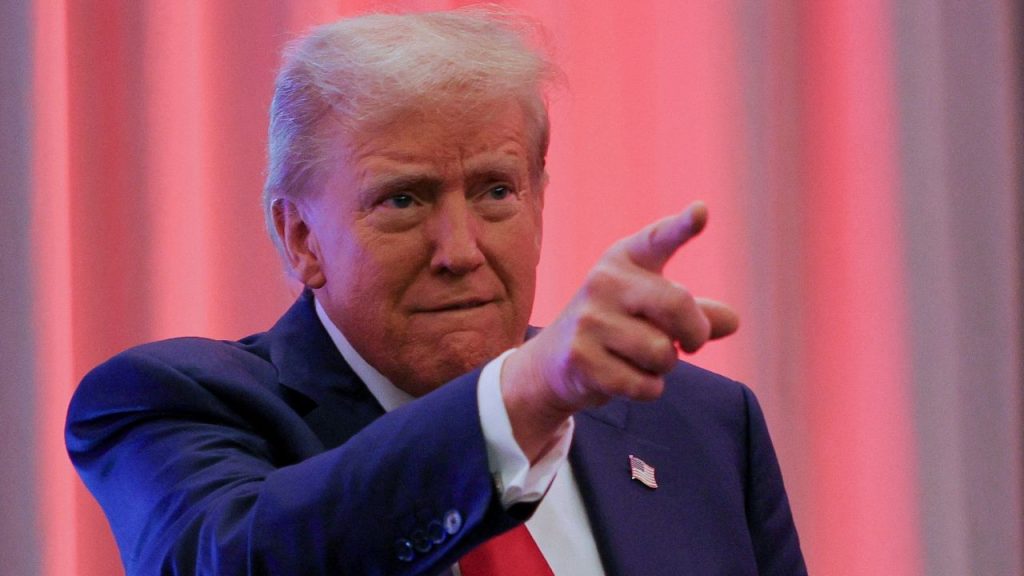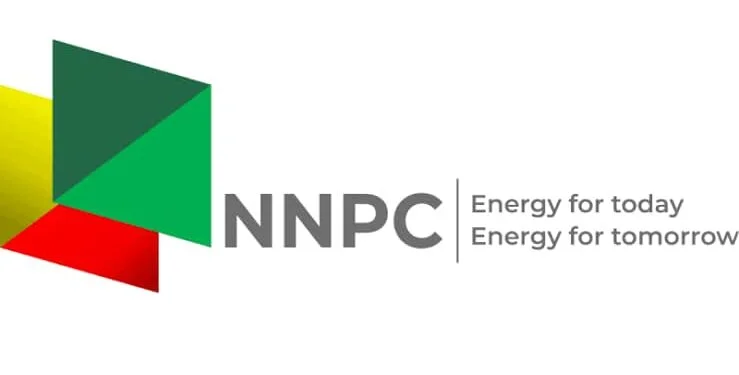In a strategic move to enhance its educational and nutritional sectors, the Nigerian Federal Government is in discussions with the World Bank to secure two loans totaling $580 million. These loans are anticipated to receive approval in March 2025, as reported by FRONTPAGE.
Targeted Initiatives: Education and Nutrition
The proposed funding is earmarked for two significant projects:
- HOPE for Quality Basic Education for All: This program is allocated $552.18 million, with $500 million sourced from the World Bank and an additional $54 million from other contributors. The initiative aims to address Nigeria’s pressing education challenges, notably the alarming statistic of over 17 million children currently out of school. The program’s objectives include enhancing early childhood education, strengthening primary and junior secondary schooling, and broadening access to essential learning resources. Implementation will be a collaborative effort involving the Federal Ministry of Finance, the Federal Ministry of Education, and the Universal Basic Education Commission. As of now, the project is in the ‘Concept Review’ phase, indicating that further consultations are necessary before finalization.
- Accelerating Nutrition Results in Nigeria 2.0: This project is set to receive $80 million from the World Bank to combat malnutrition and food insecurity. Building upon an initial loan of $232 million approved on June 27, 2018, the first phase encountered several challenges, leading to adjustments, including the cancellation of a portion of the approved funds. The renewed focus aims to improve access to quality nutrition services, particularly targeting pregnant women, lactating mothers, adolescent girls, and children under five. The implementation strategy involves primary healthcare facilities and community-based programs, with interventions such as nutrition-smart agriculture to enhance household food security and dietary diversity. Part of the funding will also support project management, government coordination, and data-driven decision-making to ensure long-term sustainability. Currently, this project is at the ‘Decision Meeting’ stage, suggesting it is closer to final approval compared to the education initiative.
Implications for Human Capital Development
The approval and successful implementation of these loans are expected to significantly bolster Nigeria’s human capital development by improving outcomes in education and nutrition. The World Bank has consistently been a pivotal development partner for Nigeria, funding various projects to address the country’s socioeconomic challenges.
Concerns Over Rising Debt
Despite the potential benefits, there are ongoing concerns regarding Nigeria’s escalating debt burden. Economists have raised questions about the government’s borrowing strategy, especially considering that under President Bola Tinubu’s administration, the Federal Government has secured loans totaling $6.95 billion from the World Bank over approximately 18 months. Data from the Debt Management Office indicates that the World Bank’s share of Nigeria’s debt stands at $17.32 billion, with the majority owed to the International Development Association, accounting for $16.84 billion, representing 39.14% of Nigeria’s total external debt. The International Bank for Reconstruction and Development, another arm of the World Bank, is owed $485.08 million, or 1.13%.
Furthermore, reports indicate that the Federal Government spent $3.58 billion servicing its foreign debt in the first nine months of 2024, marking a 39.77% increase from the $2.56 billion spent during the same period in 2023. This significant rise in external debt service payments underscores the mounting pressure on Nigeria’s fiscal balance amid ongoing economic challenges.
Global Context of Debt Servicing
The World Bank’s recent International Debt Report revealed that developing nations spent an unprecedented $1.4 trillion on foreign debt servicing in 2023, driven by a surge in interest rates to their highest levels in two decades. Interest payments alone reached $406 billion, a nearly 30% increase from the previous year, severely impacting spending in critical sectors such as health, education, and environmental programs. The most vulnerable economies, particularly those eligible for loans from the World Bank’s International Development Association, bore the brunt of this financial strain.
Government’s Commitment to Economic Independence
In response to these challenges, the Federal Government has reaffirmed its commitment to reducing reliance on external debt financing and driving economic independence through strategic partnerships with the World Bank. The Minister of Finance and Coordinating Minister of the Economy, Mr. Wale Edun, emphasized that President Tinubu remains focused on strengthening Nigeria’s economic foundation, reducing dependency on external borrowing, and ensuring long-term, private-sector-led development.
Edun acknowledged the critical role played by the World Bank in Nigeria’s development but stressed that the government is prioritizing creating a business-friendly environment to attract sustainable investments. This approach is part of a broader strategy to explore alternative financing models beyond traditional multilateral loans. The administration’s economic plan focuses on fostering fiscal responsibility while ensuring that private capital is mobilized to drive economic expansion and job creation.
Conclusion
As Nigeria seeks to secure these substantial loans from the World Bank, the nation stands at a crossroads between addressing immediate developmental needs and managing long-term fiscal sustainability. The proposed investments in education and nutrition have the potential to yield significant benefits for human capital development. However, it is imperative for the government to balance these initiatives with prudent debt management strategies to ensure economic stability and prosperity for future generations.













